OwnCloud X: if you don’t trust, cross them

OwnCloud X is a Dropbox-like software that enables you to store and sync your files both with a standalone client and a easy-to-use web interface. With the tenth version of OwnCloud, the developers decided to switch version from 10 to X, which brings new features and improvements.
OwnCloud X New features
OwnCloud X is the first major release (if we set aside OwnCloud 9.1) after many developers left the project in favour of NextCloud, let’s take a look at how OwnCloud is doing:
- New marketplace: apps (modules that add functionality to OwnCloud) have always been a core part of OwnCloud, they were however pretty badly organized in the past. The previous marketplace was difficult to track for a normal user, and its integration with OwnCloud was inconsistent. With the new marketplace, OwnCloud pushes its app game to a different level. The design is tidy and polished, allowing for newbie users to get to the apps easily. There is also support for paid apps.
- Improved performance: by improving database tables, the number of heavy queries has been reduced with a direct result in performance. Also, with this release, OwnCloud now supports PHP 7.1 and Redis. This can potentially bring (when used) a huge performance improvement over the past versions.
- Checksums: OwnCloud now checks the downloaded and uploaded files in order to verify their integrity. This is an essential feature for an application that stores data. (In my opinion; I wonder why it hasn’t been implemented before).
- Improved user control: with this release guest accounts and custom groups have been added to allow a flexible management of users, this is especially useful in situations where team collaboration is needed.
- Improved settings: the settings panel has been reworked as shown above in order to allow a better user (and admin) experience.
- Improved logs: the app logs and owncloud.log have been split in order to make the process of finding errors easier.
Full announcement
Although the OwnCloud developers suggest to wait the first update release (due in about 4 weeks), OwnCloud X has been released with this announcement and at is available in many Linux distributions’ repositories. For a full list of changes you can look at the changelog. Here’s an excerpt from the original announcement:
Extended Security
We have implemented several new security features. File integrity checks prevent data losses while up- and downloading via verification of the integrity of up- and downloaded files by comparing their unique checksums. The ability to split app logs and owncloud.log make finding errors easier. Also user management gives you better options on keeping control over your data, next to regular maintenance and security updates after business standards.
Extended Collaboration
Several new features are also making collaboration with your friends easier; you can now create guest accounts and custom groups to arrange teams as you need them, and multiple link sharing (with different passwords and expiry dates, for example) to further specify who you want to know what.
This is making ownCloud a powerful tool for teamwork in any environment, for a small startup, for activists, for a family sharing the pictures of the last holidays, for your clique to make plans about the future.
Extended Performance
We improved the performance of ownCloud in all of the key areas, especially at the database. By providing a central user table for everything the performance-heavy queries are significantly reduced. But on top of that we are now supporting PHP 7.1 and Redis clusters.
Extended Marketplace
On top of that, ownCloud is on the next step to become a more diverse platform with infinite possibilities; we are introducing our new marketplace! With it you can develop apps and use the apps created by other ownCloud users, which further extend the usage possibilities of ownCloud. For a full explanation of how the marketplace is a big step towards ownCloud replacing the googleverse, look here.
- 2020 A year in review for Marksei.com - 30 December 2020
- Red Hat pulls the kill switch on CentOS - 16 December 2020
- OpenZFS 2.0 released: unified ZFS for Linux and BSD - 9 December 2020
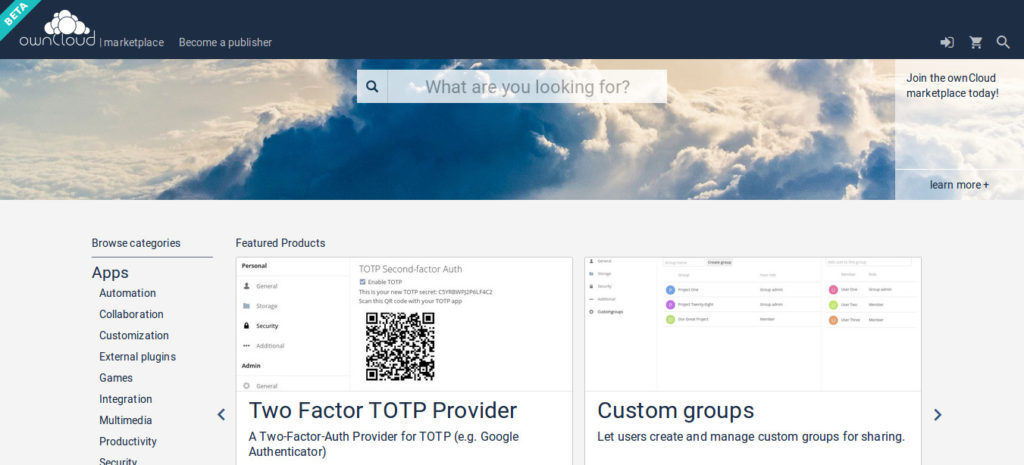
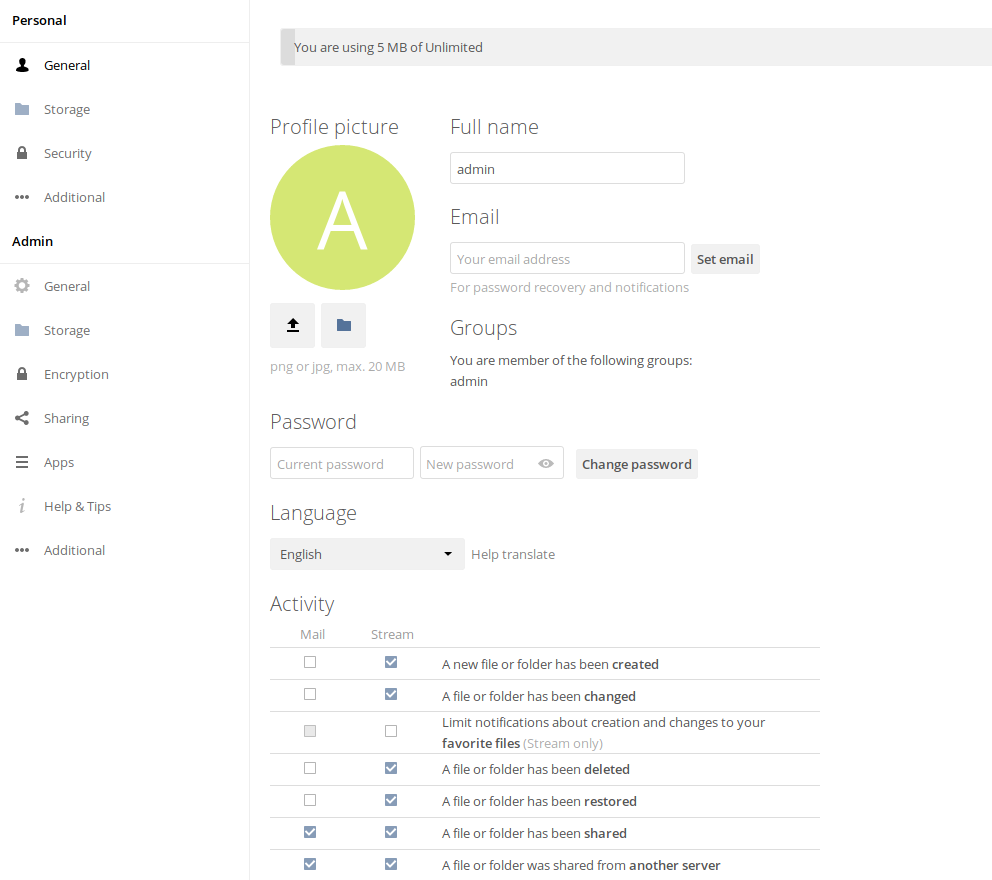
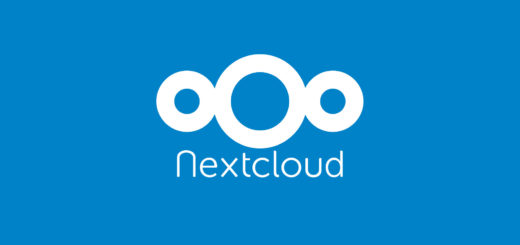
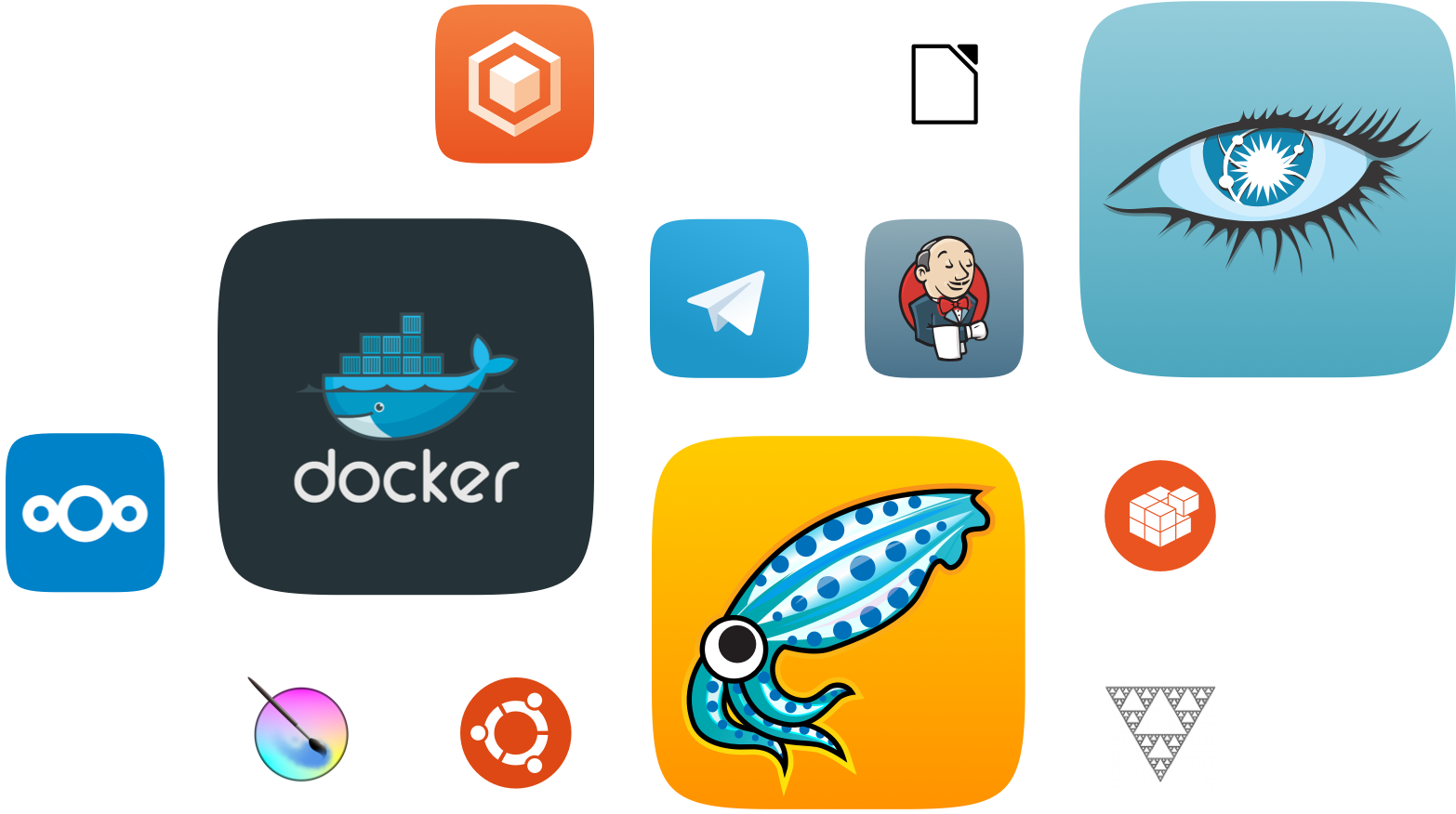
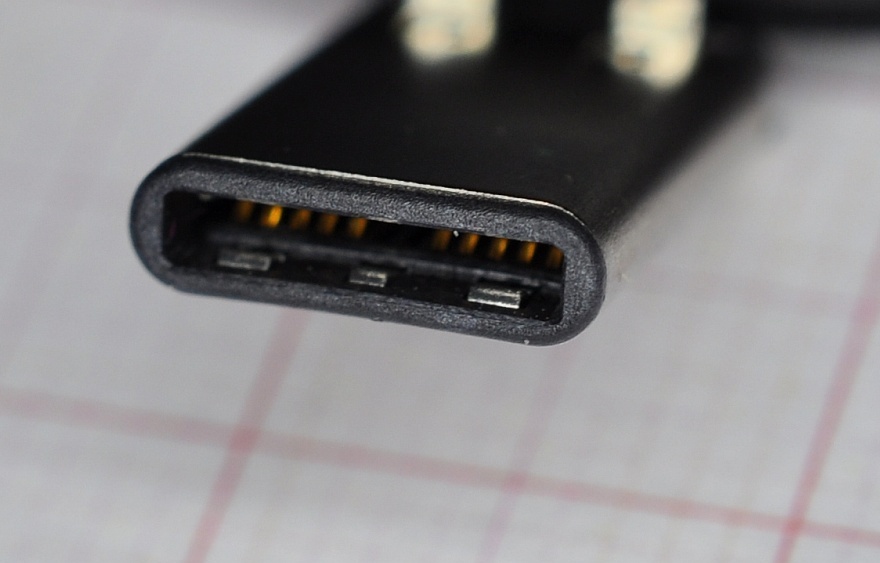
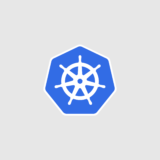
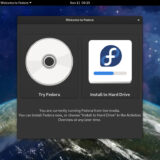
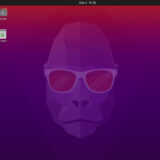
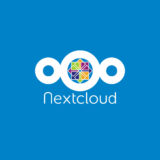
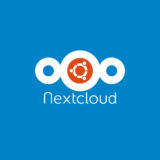

Recent Comments